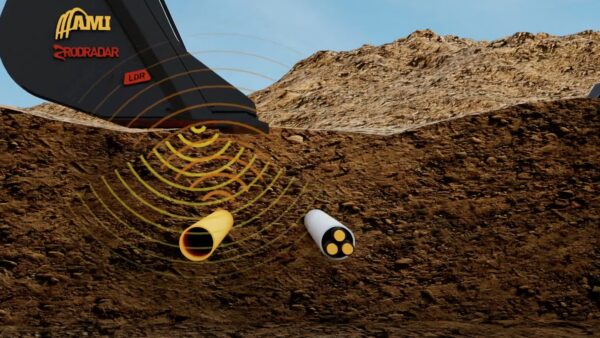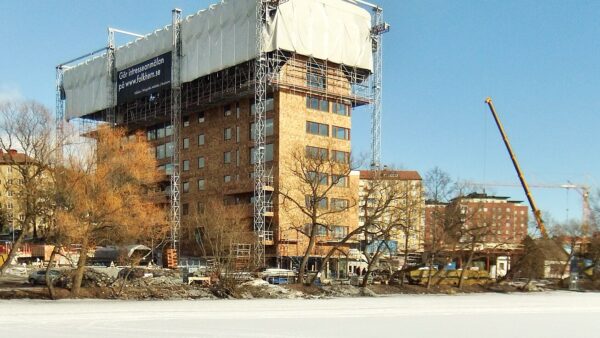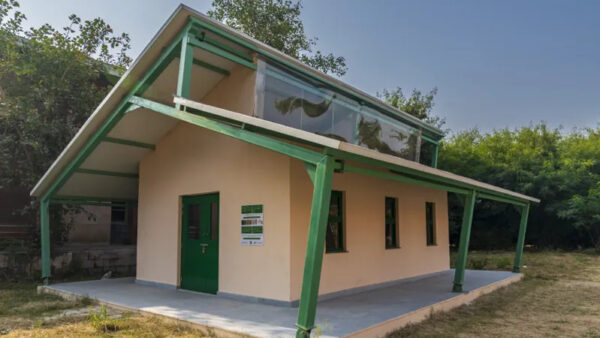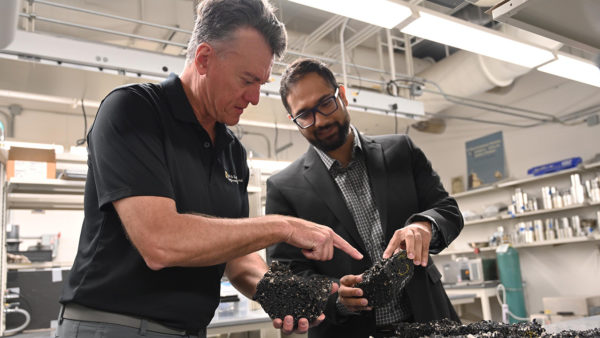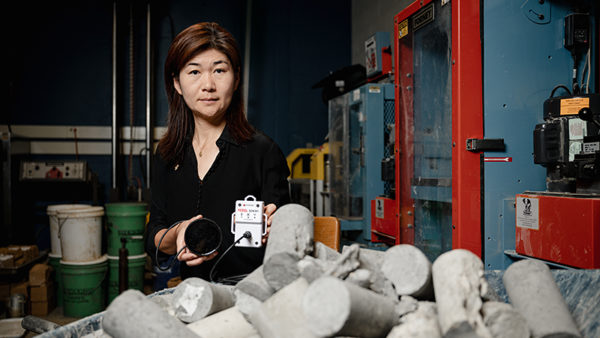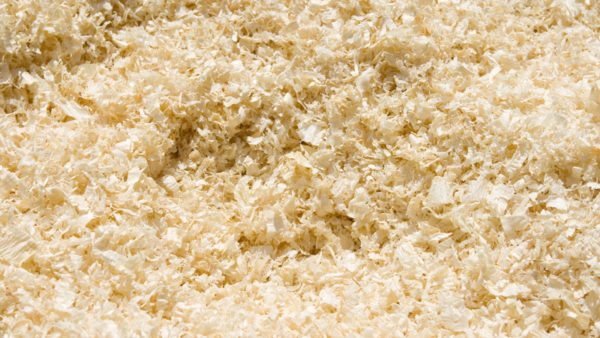London- and Moscow-listed metals and energy group, En+, says it has produced the world’s lowest carbon aluminium, the production of which emits less than 0.01 tonnes of CO2 equivalent per tonne of metal.
Called “Allow”, the metal was produced with new-generation inert anode electrolysers at the En+ Krasnoyarsk plant in Russia.
Inert anodes replace standard carbon anodes with non-consumable materials such as ceramics or alloys, which results in an 85% reduction of emissions from the smelting process.
The capacity of the new electrolyser is about 1 tonne of aluminium per day at a current of 140,000 A.
“As part of our net zero commitment in January this year we announced sector-beating targets for carbon reduction – net zero by 2050 and to reduce emissions by at least 35% by 2030. Today I am proud to announce that we have made a major step forward on this journey, in a major breakthrough for the industry,” said UK Conservative peer Greg Barker (Lord Barker of Battle), executive chairman of En+ and former UK energy and climate change minister.Â
He added: “Another breakthrough advantage of this technology is the release of oxygen in the process of aluminium production. One inert anode cell can generate the same volume of oxygen as 70 hectares of forest.”
Image: Aluminium discs used as cladding on the Bullring shopping centre in Birmingham, England (Matthew Feeney/Unsplash)
Further reading:





